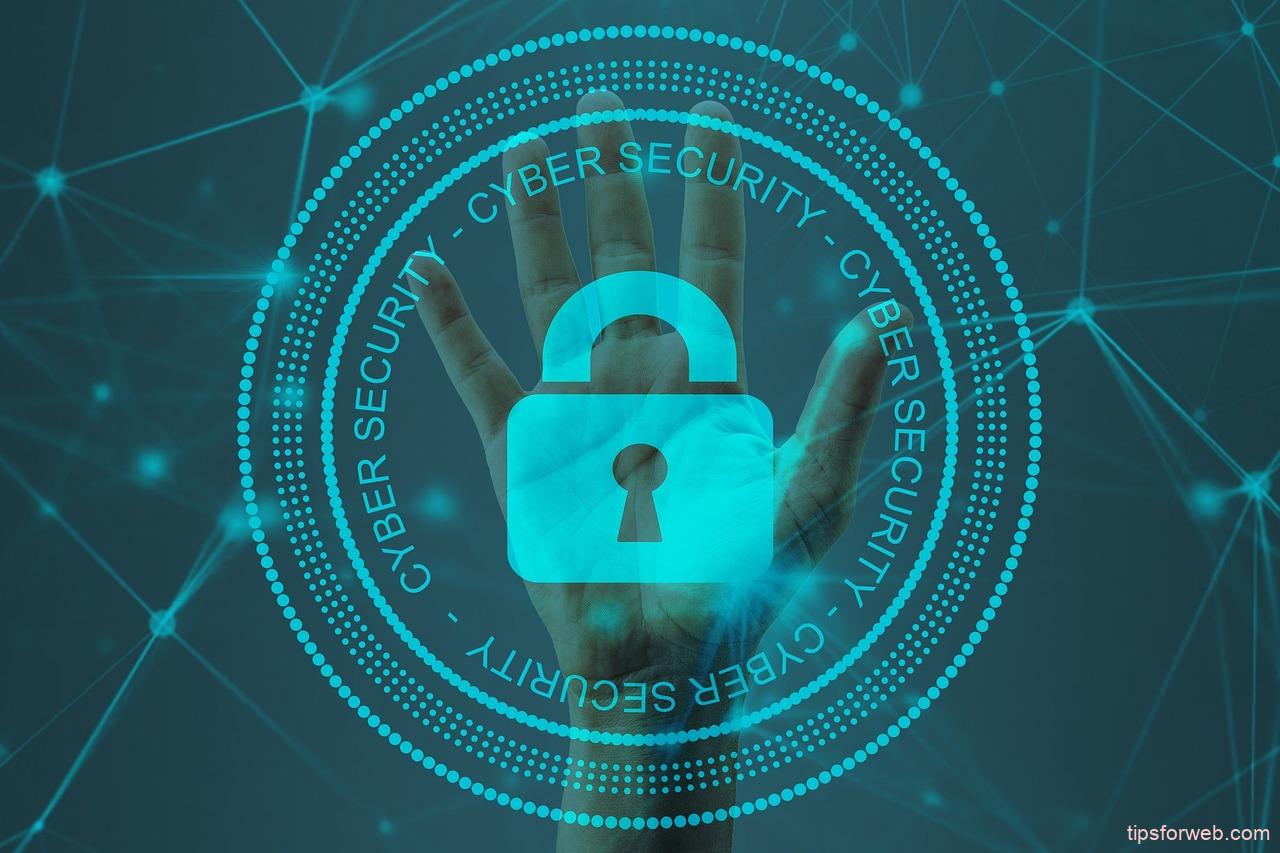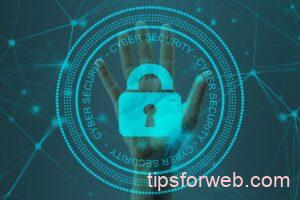A Beginner’s Guide to Staying Safe Online
The digital world is a fantastic place – it connects us, empowers us, and opens doors to endless possibilities. But alongside these incredible benefits comes a shadow: cybersecurity threats. From phishing scams to malware attacks, cybercriminals are constantly evolving their tactics, aiming to steal your data or wreak havoc on your systems.
But don’t worry! You don’t need to be a tech wizard to protect yourself. By implementing some essential cyber security best practices, you can build a robust defense and navigate the online world with
confidence.
Let’s break down these crucial steps into manageable actions:
1. Laying the Foundation: Building a solid cybersecurity base is like building a strong house – it starts with the right materials.
- Password Power: Think of your passwords as the locks on your digital doors. Make them long, complex, and unique for each account. Consider using a password manager to generate and store these
securely. And don’t forget about two-factor authentication (2FA) – an extra layer of protection that requires a code from your phone in addition to your password. - Software Savvy: Keep your software up-to-date! Think of updates as patches fixing vulnerabilities that hackers could exploit. Regularly check for and install updates for your operating system, web
browser, and all applications. Be wary of suspicious emails or downloads – they might be hiding malware disguised as legitimate files. - Device Defense: Protect your devices with firewalls – virtual guards that monitor incoming and outgoing network traffic. Install reputable antivirus software to detect and remove malicious threats.
And remember, regular backups are your lifeline in case of data loss due to ransomware or hardware failure. - Network Ninja: Secure your home or office network by using a strong Wi-Fi password (WPA2 or WPA3 is best) and enabling encryption. Avoid using public Wi-Fi for sensitive activities like online
banking – consider a VPN (Virtual Private Network) to encrypt your connection.
2. Leveling Up Your Security: Ready to take your cybersecurity game to the next level? Here are some advanced strategies:
- Data Encryption: Protect your sensitive information with encryption, turning it into unreadable code. Securely store passwords and financial data using AES or other strong encryption algorithms.
- Virtual Private Networks (VPNs): Encrypt your internet connection when using public Wi-Fi hotspots, adding an extra layer of protection against eavesdropping and data theft.
- Multi-Factor Authentication (MFA): Don’t rely solely on passwords! MFA adds an extra step to the login process, requiring a code from your phone or email in addition to your password. This
significantly reduces the risk of unauthorized access. - Zero Trust Architecture: This approach assumes no user or device can be trusted by default. It grants access based on “least privilege,” meaning users only have access to the resources they
absolutely need.
3. The Human Factor: Cybersecurity isn’t just about technology – it’s also about people. Be aware of social engineering tactics used by cybercriminals to trick you into giving away information:
- Phishing Awareness: Learn to recognize phishing emails and websites that try to steal your login credentials or personal data. Pay attention to suspicious links, grammatical errors, and requests for
sensitive information. - Cybersecurity Culture: Promote a culture of cybersecurity awareness within your organization or team. Encourage open communication about potential threats and best practices.
4. Tools of the Trade: There are many helpful resources available to enhance your cybersecurity:
- Recommended Antivirus Software: Explore options like Bitdefender, Norton, Kaspersky, and McAfee, considering their strengths in malware detection, performance impact, and user-friendliness.
- Password Managers: Simplify password management with tools like LastPass, 1Password, or Dashlane, which generate strong passwords, store them securely, and autofill them for you.
- VPN Services: Protect your online privacy and security on public Wi-Fi with reputable VPN providers like NordVPN, ExpressVPN, or Surfshark. Stay Informed! Keep up-to-date with the latest cybersecurity news and threats by following reputable sources like:
- Krebs on Security: https://krebsonsecurity.com/
- Threatpost: https://threatpost.com/
- Wired Security: https://www.wired.com/security/






Post Comment